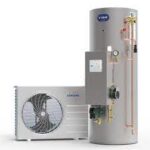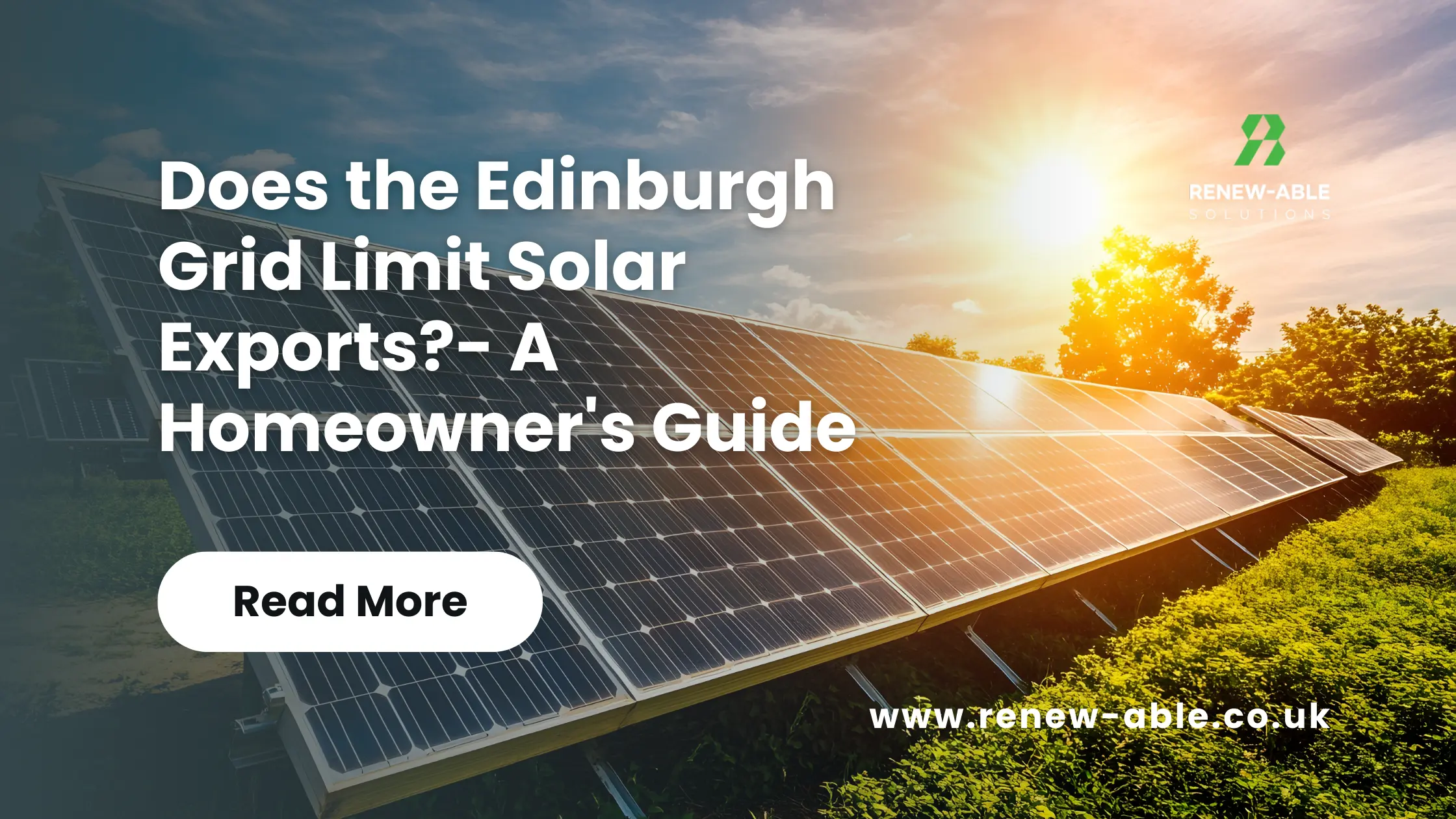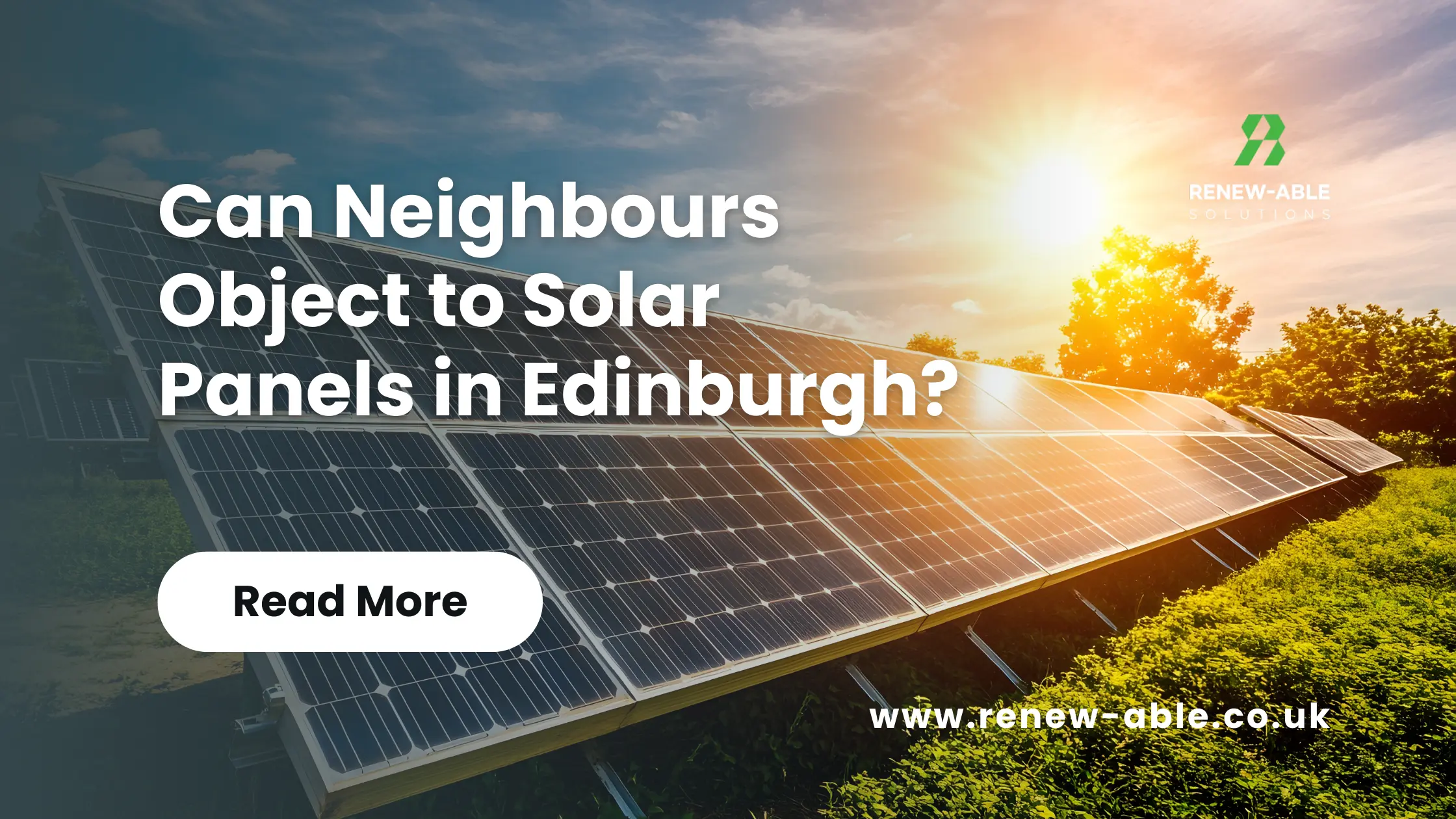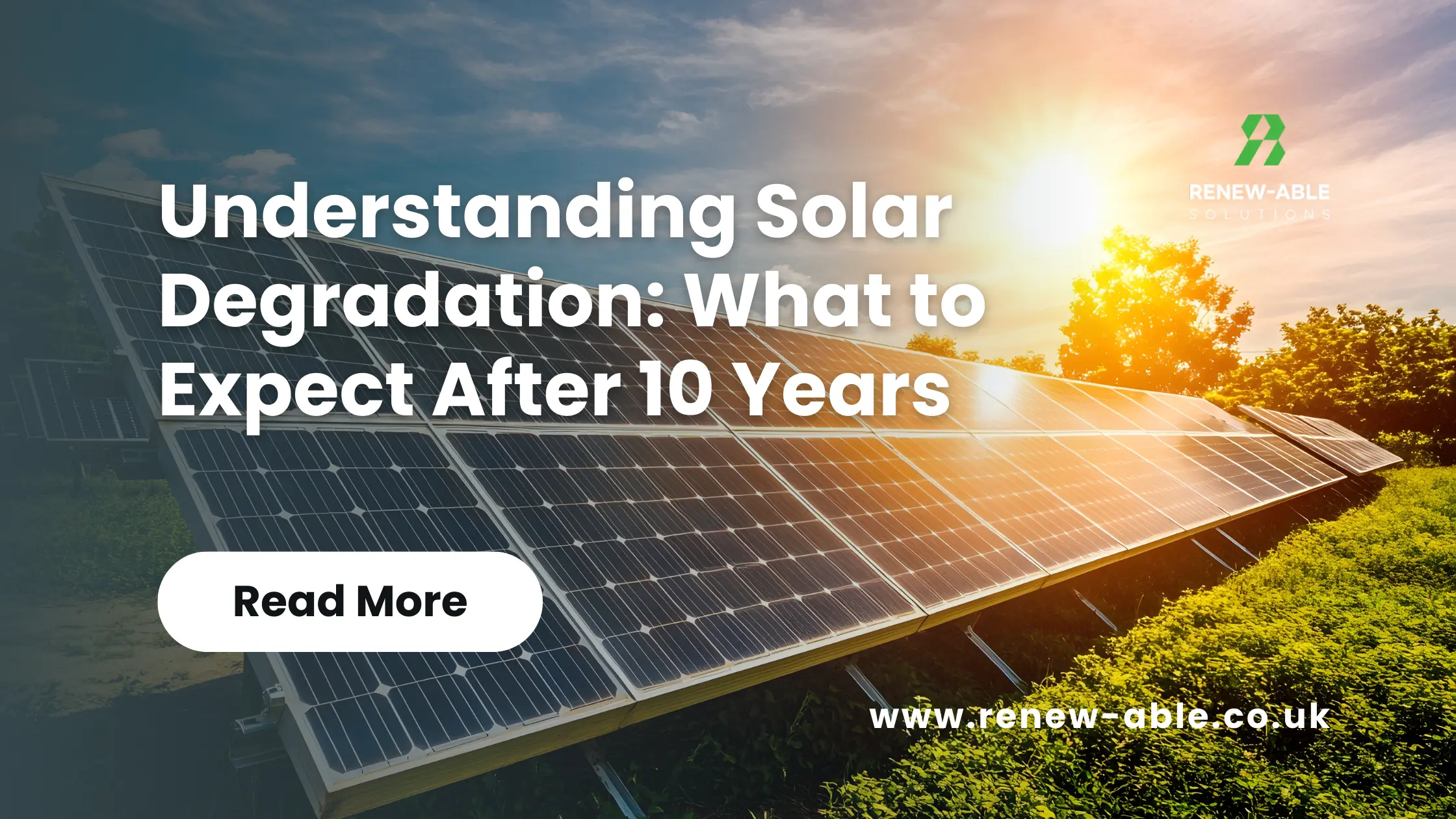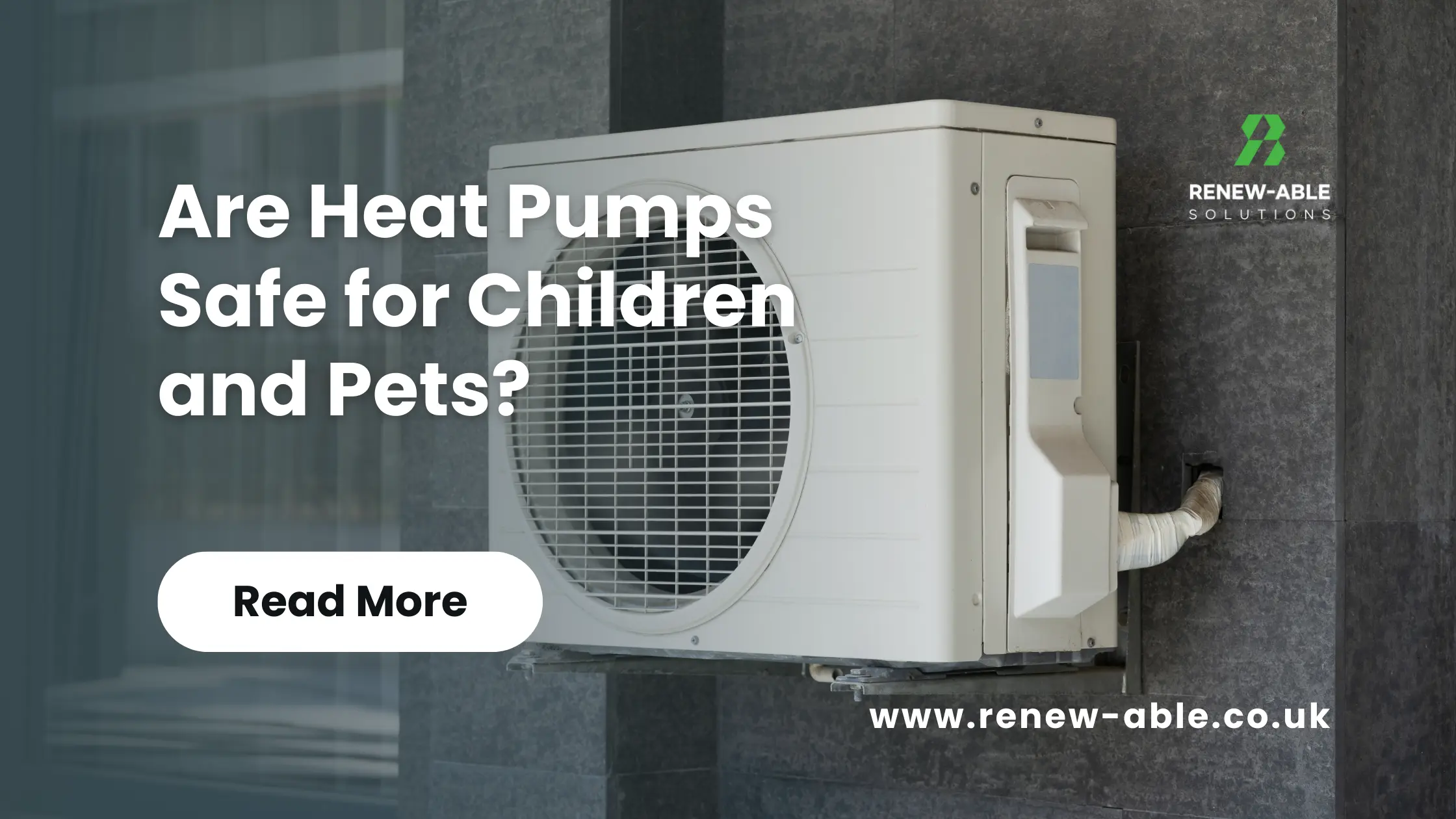A heat pump captures heat from outside and moves it into your home. It uses electricity to do this, however the quantity of heat delivered into your home is much greater than the quantity of electricity used to power the system.
As a heat pump captures heat that is already present in the environment, the system itself does not burn any fuel and therefore emits no carbon dioxide.
How does a heat pump work?
Everything around us contains thermal energy – or heat. Heat naturally flows from a warmer place to a colder place. To provide the heat energy in a home when outdoor temperatures are colder, we need heat to flow in the other direction – from a colder place to a warmer place. But how does it do it?
When the pressure of a gas increases, the temperature also increases. When the pressure decreases, the temperature decreases. This relationship between pressure and temperature is the key to how a heat pump works.
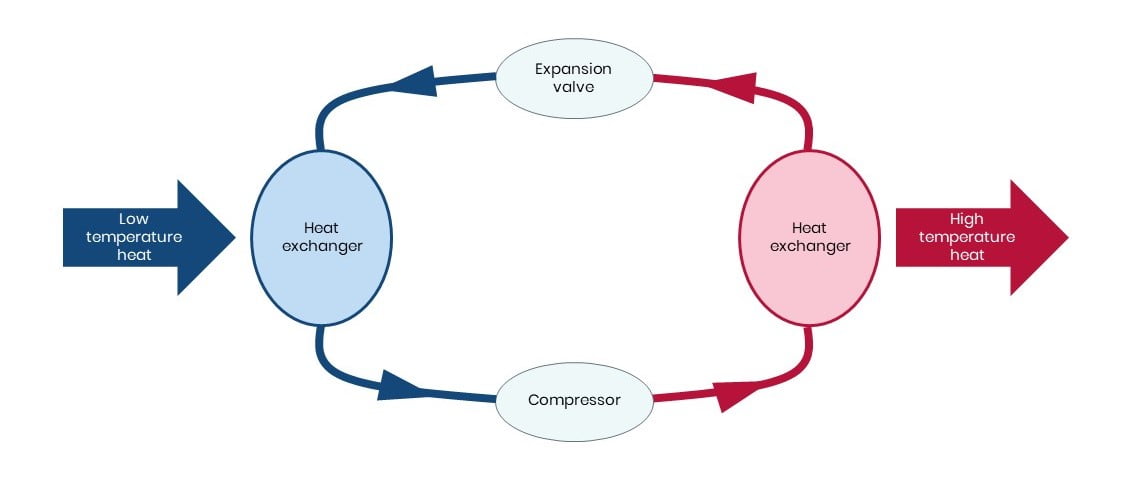
The gas is called a ‘refrigerant’ and a heat pump uses electricity to compress this refrigerant, increasing the pressure and therefore the temperature.
As the refrigerant’s heat is transferred to your home through the heat exchanger, it cools down a little. The refrigerant is then allowed to expand so that it cools even further. It’s now cold enough to absorb more heat from outside and begin the process again.
The heat delivered to the heat exchanger can then be used to heat your home. This would normally be done using a central heating system – but it could also be done using warm air in either an air-to-air heat pump or an exhaust air heat pump.
- Air source heat pump
- Ground source heat pump
How efficient are heat pumps?
Heat pumps are more efficient than other heating systems because the amount of heat they produce is more than the amount of electricity they use. The amount of heat produced for every unit of electricity used is known as the Coefficient of Performance (CoP). So, if a heat pump has a CoP of 3.0, then it will give out three units of heat for every unit of electricity consumed.
The diagram below shows the basic energy flow of a 14-kilowatt (kW) heat pump to help show how the CoP is calculated. In this example, the heat pump has an electrical power input of 3kW and a heat output of 14kW. The remaining 11kW are obtained from the environment. To calculate the CoP, you divide the heat output by the electrical input, which in this example results in a CoP of 4.7.
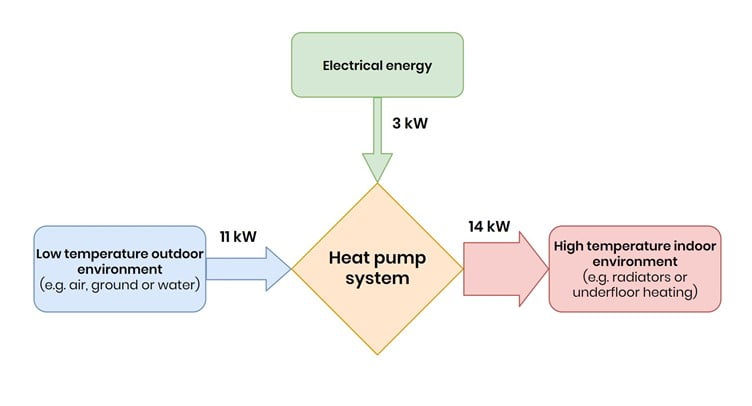
Every heat pump has a published datasheet telling you what its measured CoP is. The CoP is measured at a single point in time, under specific test conditions. However, in real life the heat pump experiences temperature variations throughout the year (ie with ground or air temperatures rising and falling throughout the seasons), so the CoP is not always helpful in understanding what the cost of running the heat pump will be, or its ‘real world’ efficiency over the course of the whole year.
Instead, the Seasonal Coefficient of Performance (SCoP) or Seasonal Performance Factor (SPF) is used to show the efficiency of the heat pump across the whole year. Heat pump installers must calculate the SPF based on their system design for your home. This calculation demonstrates how the heat pump should perform given the average temperatures at your location and other details such as the size of your radiators. The installer should share this calculation with you before beginning any work. The SPF will give you a better indication of what to expect in terms of running costs and efficiency than the CoP figure.
Will installing a heat pump help save money on my heating bills?
While the compressor and pumps need electricity to work, they use less than the quantity of heat they move from outside to inside. The amount of heat energy moved versus the amount of electrical energy used depends on the source temperature and the output temperature, so it varies constantly throughout the year as outside temperatures change.
How this will affect your energy bill will depend on several factors, including:
- What fuel you are replacing and how much it costs.
- Your electricity tariff.
- Which type of heat pump you install and how efficient it is.
- The design of your central heating system.
- Your location and its average air or ground temperatures throughout the year.
For people using gas boilers (not LPG or oil boilers), heat pumps are likely to be slightly more expensive to run unless particular attention is paid to ensuring maximum efficiency of the heat pump in the heating system by using best practice radiator / underfloor heating design. However, as utility prices fluctuate over time, we expect that heat pumps will become the cheapest as well as the lowest carbon form of heating available.
For those on LPG or oil, annual variations in prices mean that it’s difficult to give an exact estimate of annual heating costs. For example, heating oil has typically fluctuated between 40-65 pence per litre over the last five-year period, with a general upward trend in price. Unless you can buy oil or LPG at the very cheapest time of the year to cover your entire annual use, heat pumps should save you money on running costs assuming a well-designed system is installed.
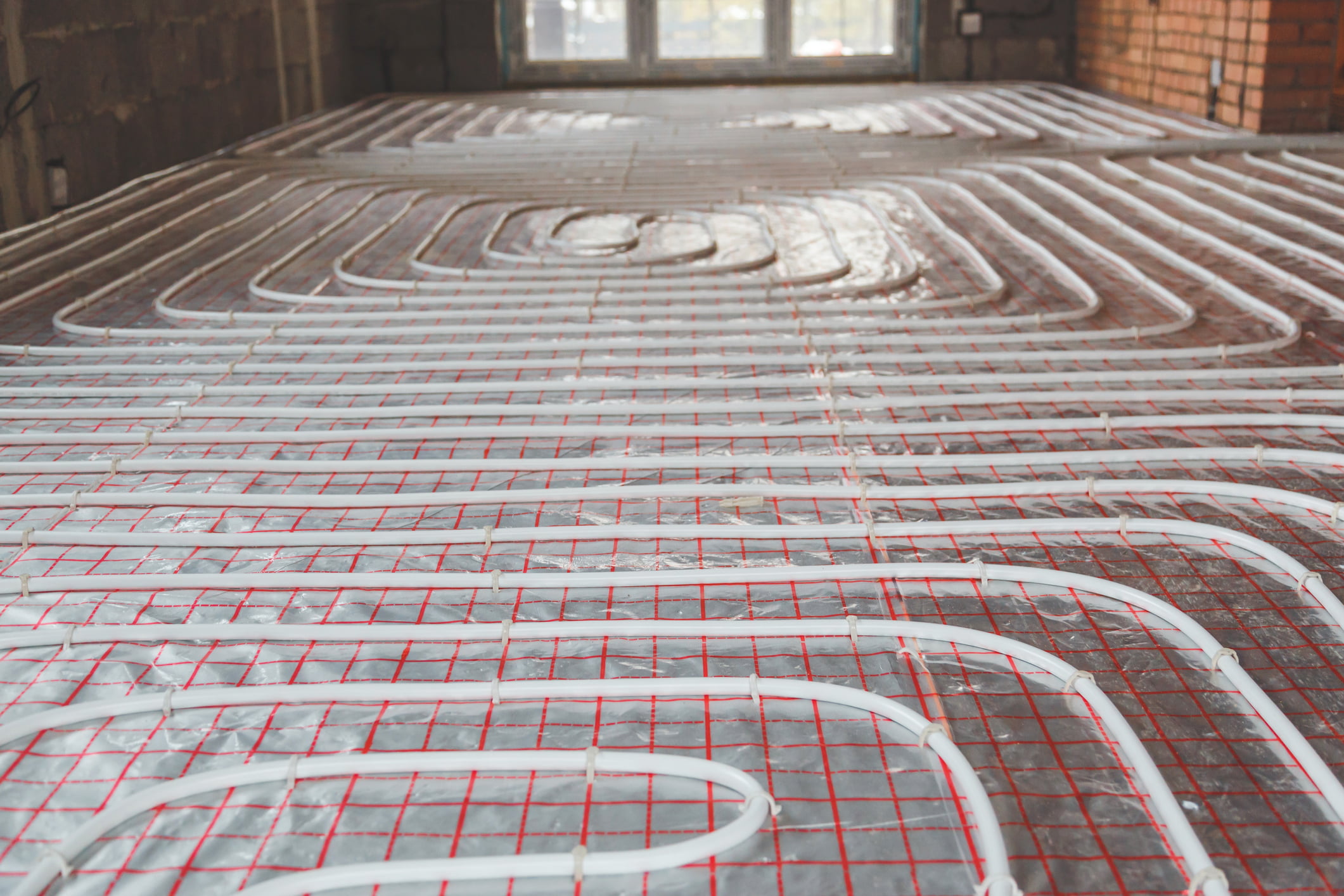
Designing and operating your heat pump system
The compressor in a heat pump works harder when there is a larger temperature difference between the outside source temperature and the water temperature needed in your radiators or underfloor heating. The less the compressor needs to work, the less electricity the heat pump uses.
While we can’t control the outdoor source temperature, it’s possible to design heating systems that use low temperature water indoors, meaning the heat pump can use less electricity and still heat your home comfortably.
By using radiators with a larger surface area, or underfloor heating, more heat can be delivered into the room without increasing the water temperature. Running the heating system for longer is another way of delivering more heat into the room with lower temperature water.
If you have radiators with a smaller surface area, then the heat pump will have to run at a higher temperature. This means the compressor is working harder to deliver the same amount of heat as it would with larger radiators, or if it had a longer time to run. When the compressor works harder, it uses more electricity, which makes the system more expensive to run.
The aim of a well-designed system is to reduce the heating water temperature as much as possible. The closer the required temperature is to the source temperature (ie the outside air or ground temperature), the more efficient the heat pump will be, and therefore the lower the running costs.
- Hot water
- Radiators and underfloor heating
- Insulation
Do I need permission to install a heat pump?
Before installing a heat pump, it’s important to check if you need to apply to your local planning authority for permission. Most heat pump installations are considered ‘permitted developments’, meaning no permission is required. However, there are exceptions, and it’s best to check with your local planning department before proceeding, especially if you live in a listed building or conservation area.
Find out more about getting permission.
You should also inform your local district network operator (DNO) that you are planning to install a heat pump. The DNO is the company responsible for bringing electricity from the network to your home. You can ask your installer to assist you with this, as they will have all the information required to complete the forms.
To find out more about the process for notifying a DNO of your heat pump installation, you can refer to the ‘Connecting electric vehicles (EVs) and heat pumps’ section in this guidance from the Energy Network Association.
Further guidance on registering a heat pump (as well as similar devices including solar panels, electric batteries, and electric vehicle chargepoints) in England, Scotland and Wales can be found on the UK Government website.
Getting the most out of your heat pump
Finding a good installer
We always recommend you get quotes from at least three different installers. We have more advice on getting the installation done by well qualified installers.
Controls
To ensure you’re getting the highest performance from your heat pump, it’s important to use your controls effectively. Depending on the controls you have, and the level of heating and hot water you need, there are different ways to get the most from your heat pump. Setting the system controls can sometimes be confusing – more guidance can be found in our blog on getting the most out of your heat pump.
Maintenance
As with any heating system, a heat pump needs to be well maintained to operate as designed – though luckily most heat pumps tend to be easy to maintain with minimal input required from the end user.
Workmanship warranties for heat pumps can last for up to 10 years, for example, through Quality Assured National Warranties (QANW). Many manufacturers also offer options for warranty extensions for a fee.
With regular scheduled maintenance, you can expect a heat pump to operate for 15 years or more.
Typical checks include a visual inspection of the water pump, external pipes, fittings and electronics. Ground source heat pumps may also occasionally need to be re-pressurised or have the quality of the antifreeze checked, which can be done by a professional every 2-3 years.
Ask your installer for written details of any other maintenance checks you should undertake to ensure everything is working properly. You should also check any requirements under your warranty to ensure that the system remains compliant. For example, you may need to have the system serviced each year.
Electricity tariff
An electricity tariff is how your energy supplier charges you for the electricity you use. It’s typically made up of a price per unit (kWh) of electricity you consume, and a daily standing charge. Because heat pumps use electricity, finding a low-cost electricity tariff can help keep your running costs low. We have more information about choosing an electricity supplier and tariff.
What kind of heat pump is right for me?
Air source heat pumps are the most common type of domestic heat pump in the UK and are suitable for many types of home.
If you have a garden or large outdoor space, you may be interested in finding out more about ground source heat pumps.
If you don’t have radiators or underfloor heating, and can’t or don’t want to install these, you might be interested in finding out more about air-to-air heat pumps. Air-to-air systems are more commonly associated with smaller properties such as flats and park homes.
You can find more information on the differences between ASHPs and GSHPs in our blog.

